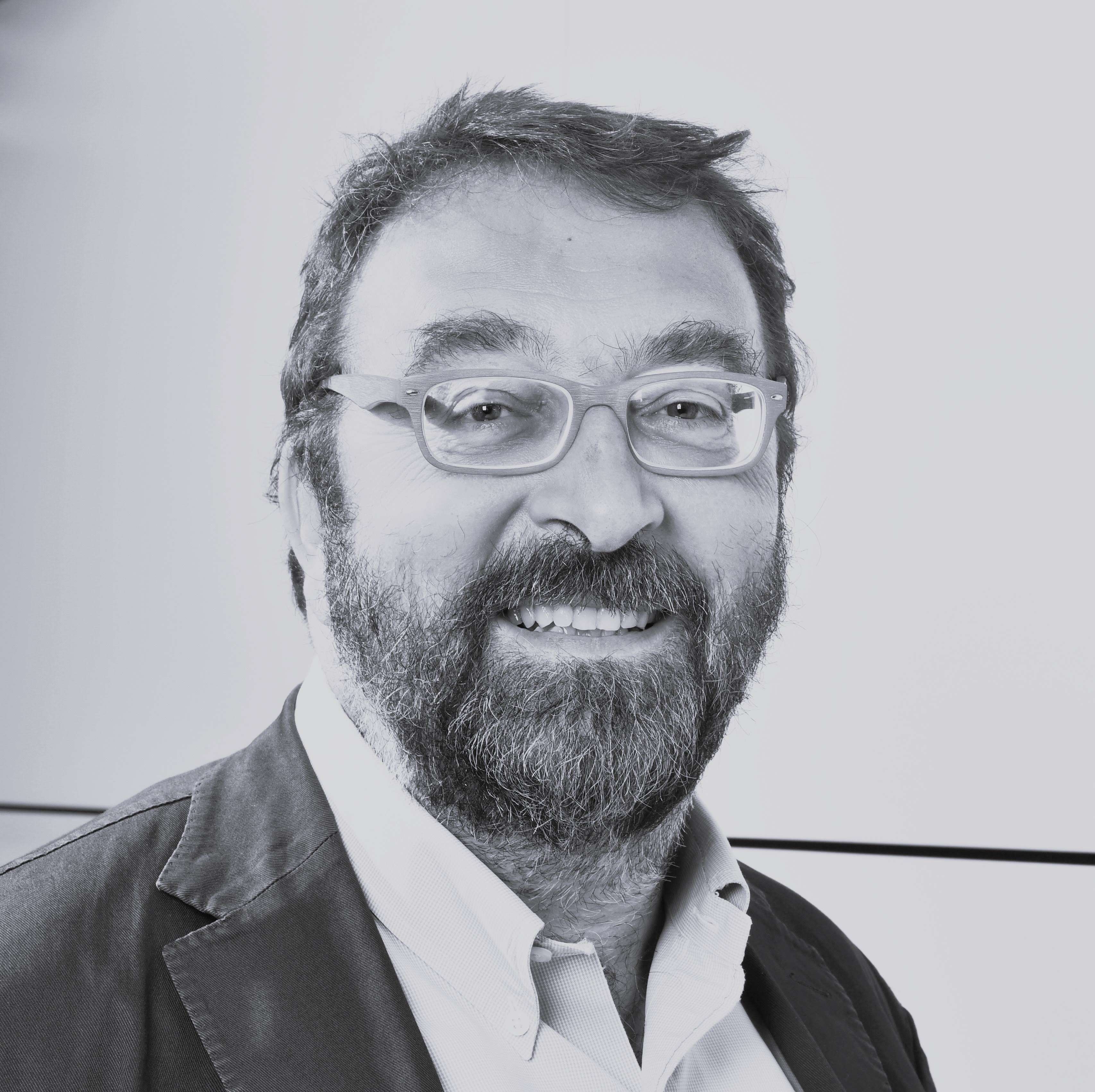This time we talk about Demain (Tomorrow), a film by Mélanie Laurent and Cyril Dion: she is one Quentin Tarantino’s actresses, while he is an environmental activist, spokesman and co-founder of Colibris Movement. Released in France close to COP21 in Paris, this documentary has become a real success story: viewed by over 1.3 million people in France. The film, presented to the recent XIX festival CinemAmbiente in Turin (Italian premiere), will be distributed in Italy by Lucky Red in October 2016.
“Demain,” Mélanie Laurent stated, “was born after reading an alarming essay on Nature; from the very beginning the intention was to go beyond the simple exposure. We know that the environment is in peril, that our climate is changing, that we are facing terrible risks and dangers; so terrible to persuade us to take a sort of depress inaction. Demain,on the other hand, is a real celebration of hope, a window into a possible different tomorrow, a spur to individual and collective resistance. It gracefully describes what is happening to our planet, showing solutions and telling inspirational tales. Laurent and Dion have visited 10 countries (Europe, USA, India and Africa) with a team of four people meeting “pioneers” that are re-inventing agriculture, economy, energy supply, democracy and education.
In short, the film restores the positive image of a world full of initiatives, social and environmental challenges that are not doomed to fail but that are rather tackled with practical solutions that more and more people are adopting successfully.
Demain supports an optimistic vision that offers clues of what the world of tomorrow could be like if we did our bit. “In the past,” Dion declared, “we fell in love with a tale, that from Hollywood and the USA, making us believe that we would have been happy consuming and producing ad infinitum. This narration has transformed our world. So, when we decided to shoot Demain we thought about how to make people fall in love with a different model. This is why we produced a film full of hope, with people that I hope viewers will want to imitate.”
So the documentary puts forwards solutions that after all are easy to copy, with local impact and not global maximalist alternatives that, as we already now, are difficult, if not impossible, to implement. Dion and Laurent quote some studies in the field of neurosciences: if we are told a piece of catastrophic new and we are not offered viable solutions and alternatives, we inevitably adopt flight, negation, removal, resignation and cynic mechanisms. But in order to put right the many problems of our planet we need enthusiasm, creativity, will, hope, and desire to do things.
Some examples? In the first part devoted to agriculture, the film shows how in Detroit, a social urban desert following the car industry collapse, as many as 1,600 urban farms were created where citizens grow and consume their own vegetables. It is a small but extremely important revolution for a country where food on average travels 2,400 km to get from the producer to the consumer.
In the chapter devoted to energy, it shows the virtuous examples of Malmö, Reykjavik, Copenhagen and Reunion Island where people are working to achieve the ambitious goal of producing 100% energy from renewable sources. The Danish capital is, as usual, the model city of future: 67% of its inhabitants uses public transports and 26% travels by bike.
The third part deals with the topic of alternative currencies, illustrating successful examples such as Totnes in the UK where they print £21 banknotes (!) with the portrait of David Bowie. In the chapter on education, Demain moves to Finland where teaching is considered a national resource.
The last chapter is devoted to politics. It is the last piece to put into place, and amongst the discussed cases we find that of Kuthambakkam in India where advanced mechanisms of direct democracy are used.
Mouvement Colibris, www.colibris-lemouvement.org
CinemAmbiente, www.cinemambiente.it



